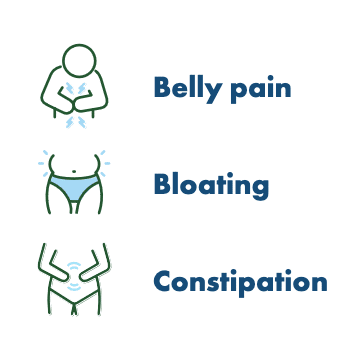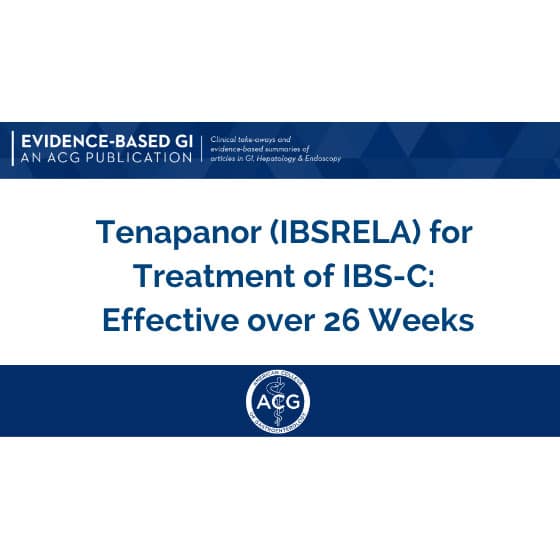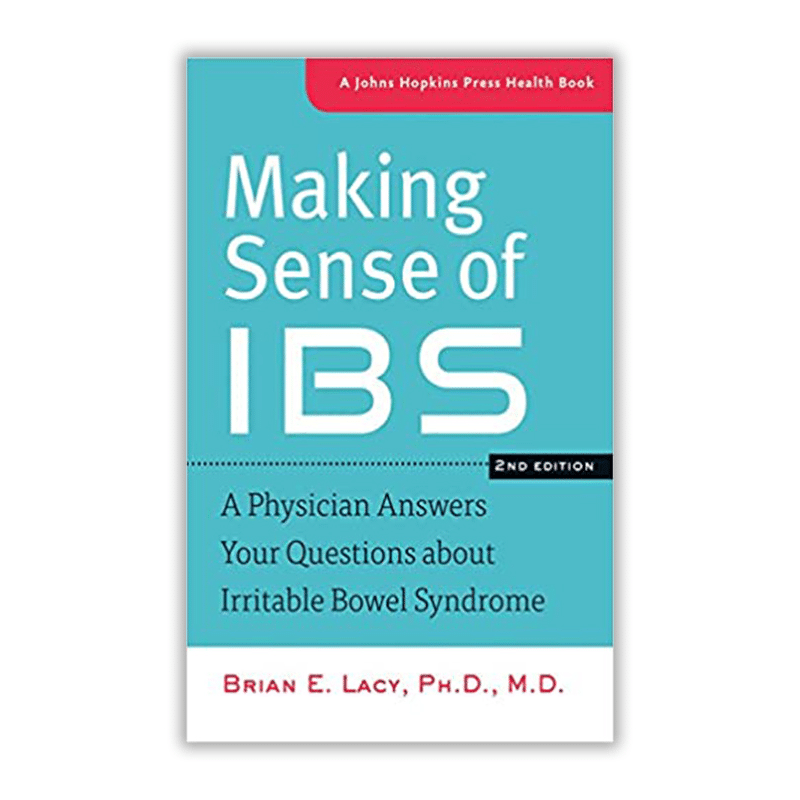
IBS-C

Summary
Irritable bowel syndrome (IBS) is a problem that affects the large intestine. It can cause abdominal cramping, bloating, and a change in bowel habits. Some people with the disorder have constipation. Some have diarrhea. Others go back and forth between the two. Although IBS can cause a great deal of discomfort, it does not harm the intestines.
IBS is common. It affects about twice as many women as men and is most often found in people younger than 45 years. No one knows the exact cause of IBS. There is no specific test for it. Your doctor may run tests to be sure you don’t have other diseases. These tests may include stool sampling tests, blood tests, and x-rays. Your doctor may also do a test called a sigmoidoscopy or colonoscopy. Most people diagnosed with IBS can control their symptoms with diet, stress management, probiotics, and medicine.
NIH: National Institute of Diabetes and Digestive and Kidney Diseases
Source: MedlinePlus, National Library of Medicine.
Information pulled from the Irritable Bowel Syndrome page.
MedlinePlus brings together authoritative health information from the National Library of Medicine (NLM), the National Institutes of Health (NIH), and other government agencies and health-related organizations.
Definition and Facts for Irritable Bowel Syndrome
National Institute of Diabetes and Digestive and Kidney Diseases
Irritable Bowel Syndrome
Mayo Foundation for Medical Education and Research
What Is IBS?
International Foundation for Gastrointestinal Disorders
Calprotectin Stool Test
National Library of Medicine
Colonoscopy: MedlinePlus Health Topic
National Library of Medicine
Diagnosis of Irritable Bowel Syndrome
National Institute of Diabetes and Digestive and Kidney Diseases
7 Tips: Irritable Bowel Syndrome and Complementary Health Approaches
National Center for Complementary and Integrative Health
Hypnosis for IBS
International Foundation for Gastrointestinal Disorders
IBS Treatment Options
International Foundation for Gastrointestinal Disorders
Irritable Bowel Syndrome: What You Need To Know
National Center for Complementary and Integrative Health
Medications for IBS
International Foundation for Gastrointestinal Disorders
Peppermint Oil
National Center for Complementary and Integrative Health
Probiotics: What You Need to Know
National Center for Complementary and Integrative Health
Psychological Treatments
International Foundation for Gastrointestinal Disorders
Treatment for Irritable Bowel Syndrome
National Institute of Diabetes and Digestive and Kidney Diseases
Resources
IBS-C Assessment
Since there are different underlying causes of IBS-C, there is no single treatment approach that is right for everyone. Download this form, answer the following questions about your symptoms and then share this form with your healthcare provider so that you and your healthcare provider can determine whether your current treatment is right for you, or if it makes sense to try a different approach.
Gastro Girl’s Favorite Things
Gut: An Owner’s Guide (The Body Literacy Library)
Gut: An Owner's Guide is an informative, practical, and engaging introduction to this hidden-away part of the body. We tend[…]
Mind Your Gut: The Science-based, Whole-body Guide to Living Well with IBS
Two IBS experts—a New York Times bestselling author and a renowned GI psychologist—offer a groundbreaking, holistic approach with the most[…]
Making Sense of IBS: A Physician Answers Your Questions about Irritable Bowel Syndrome
IBS, which affects almost one in six Americans, is characterized by abdominal pain, bloating, gas, and diarrhea or constipation. Today[…]
Listen to our
latest Podcast!















